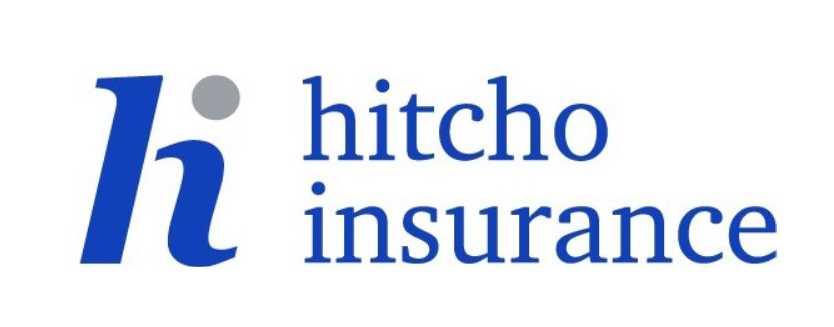If you are almost Medicare eligible, you should be aware of a few things regarding Medicare before you make a decision on a plan. Here are 10 Medicare terms that will benefit you to know in the long-run!
Annual Notice of Change
This notice is given by the insurance plan to notify members of any changes to their coverage. These are often presented before the Annual Election Period, which begins October 15.
Enrollment Period
There are a few different enrollment periods in Medicare and are times to join, switch, or drop your coverage plan. These include the Initial Enrollment Period, Special Enrollment Periods, General Enrollment, Open Enrollment, Medicare Advantage Open Enrollment Period, and Medigap Enrollment.
Excess Charges
Part B excess charges are the amount that providers charge above the Medicare-approved amount for a service or item. This may be up to 15 percent higher in cost than the Medicare-approved amount.
High Deductible Plan
Some states have high deductible options for Medicare Supplement Plan F and Plan G. These plans have lower monthly premiums than their regular counterparts and a 2020 deductible of $2,340. If you became eligible for Medicare before January 1, 2020, you qualify for high-deductible Plan F. If you become eligible for Medicare after January 1, 2020, you qualify for high-deductible Plan G.
Inpatient care
Part A covers inpatient hospital care. Part B covers mental health inpatient, outpatient, and partial hospitalization care. Pay attention to your status while in the hospital to know how your visit will be billed.
Late-enrollment Penalties
It is important to sign up for Medicare during your Initial Enrollment Period. Otherwise, you may face a late-enrollment penalty. There is a late-enrollment penalty for Part B which adds 10 percent of the standard premium for every twelve-month period you failed to sign up for Part B. That lasts as long as you have Part B. There is also a late-enrollment penalty for Part D, for every twelve months without creditable prescription drug coverage.
Medicare Advantage
Also known as Medicare Part C, these plans cover Part A and Part B as well as prescription drug coverage, in most cases. Some plans have dental, vision, and hearing coverage as well.
Medigap
Medigap is the common name for Medicare Supplement plans. These plans help people to afford their Medicare coverage by covering a portion of Part A and Part B expenses. There are ten available plans, with varying levels of coverage and differing costs.
Payroll taxes
These are the taxes paid to Social Security through employment. For most Americans, this determines whether you qualify for premium-free Part A. If you or your spouse has paid payroll taxes to Social Security for at least 40 quarters, you qualify for premium-free Part A.
Premiums
Premiums can be monthly or annual and are paid to the insurance company to maintain your coverage. If you have overdue premiums, you could be dropped from your plan.





